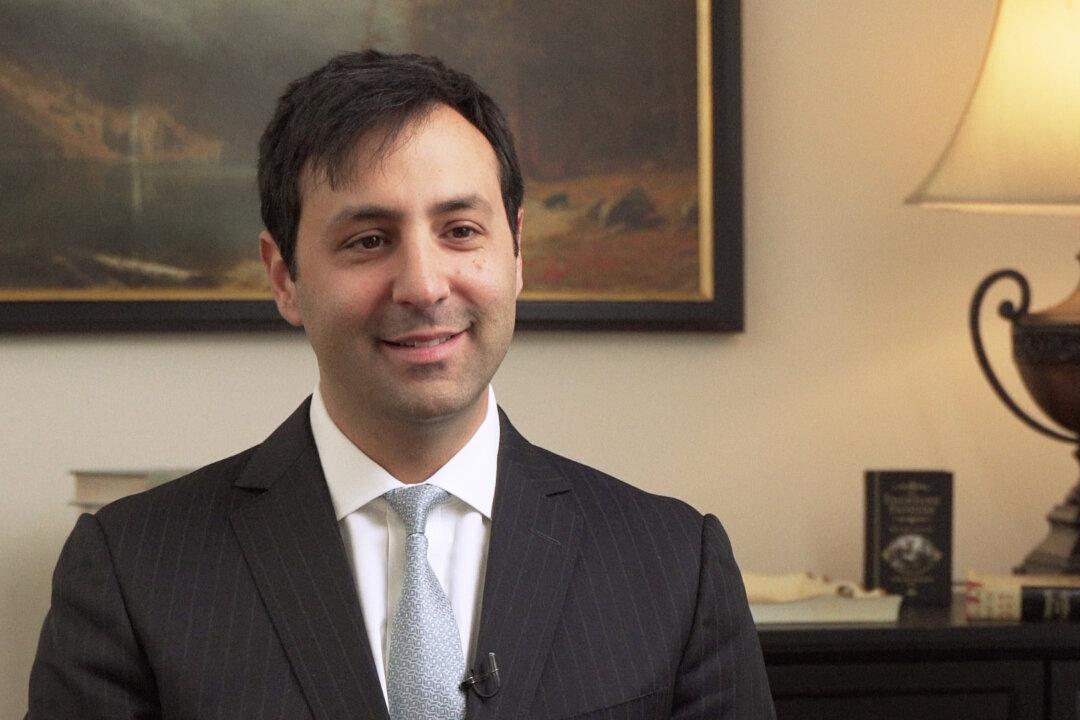Arthur Milikh, executive director of the Claremont Institute’s Center for the American Way of Life, told The Epoch Times that policies and laws regulating hate speech are really about silencing opinions and thus take away freedom of speech, leading to tyranny.
“The public view is that to criminalize hate speech really is to rid the public square of racial epithets and Holocaust denial,” Milikh told Jan Jekielek, host of The Epoch Times’ American Thought Leaders program. “The truth is that’s not actually what these laws do.”






